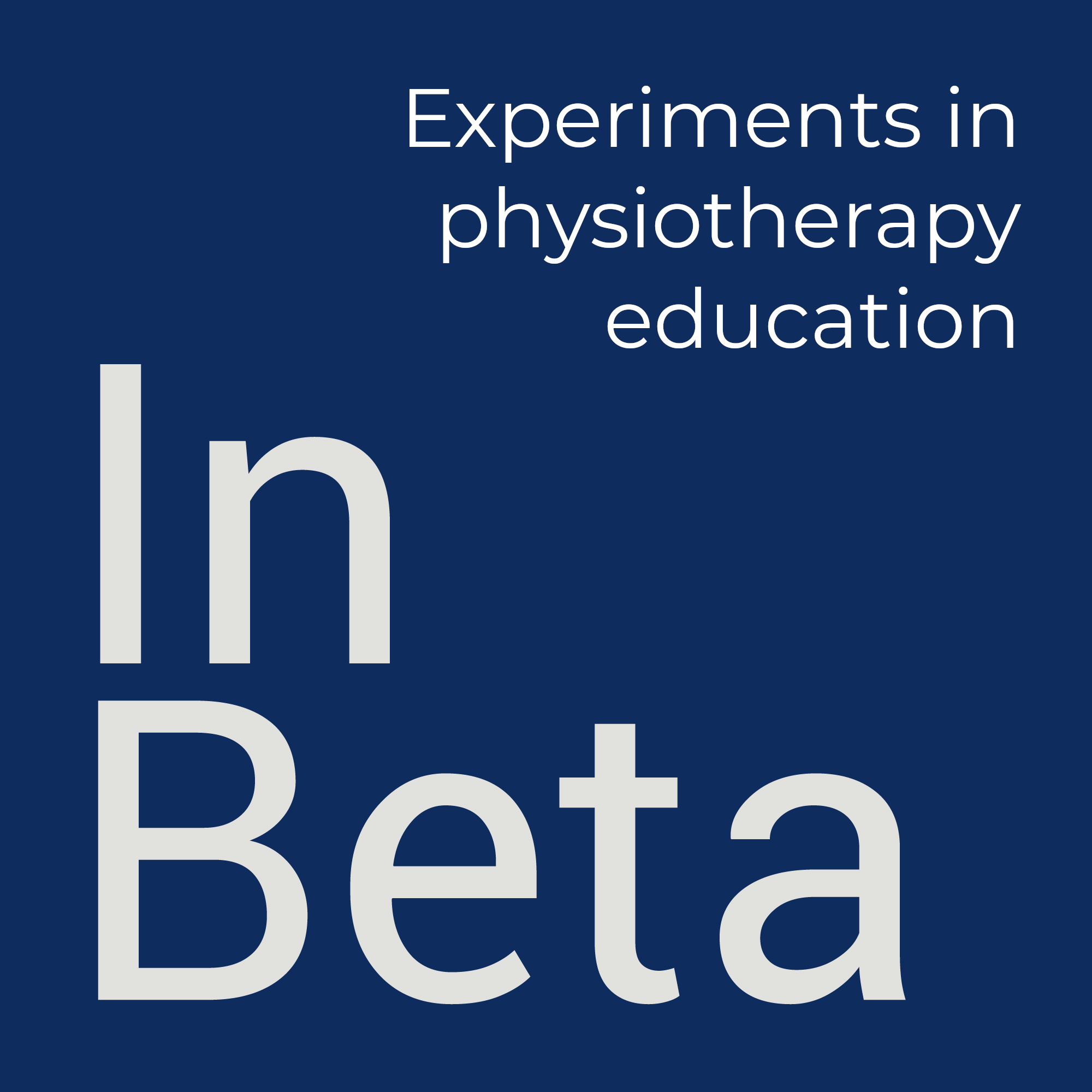Too many classrooms at all levels of schooling now resemble a ‘dead zone,’ where any vestige of critical thinking, self-reflection and imagination quickly migrate to sites outside of the school only to be mediated and corrupted by a corporate-driven media culture.
Henry A. Giroux
Podcast
Wiblin, R. & Harris, R. (2018). Economist Bryan Caplan thinks education is mostly pointless showing off. 80 000 hours podcast.
…education doesn’t teach people much, we use little of what we learn, and college is mostly about trying to seem smarter than other people – so the government should slash education funding. It’s a dismaying – almost profane – idea, and one most are inclined to dismiss out of hand. But having read the book, I have to admit that Bryan can point to a surprising amount of evidence in his favour.
If you’re anything like me, you probably have an instinctive, gut reaction against the idea that higher education has little value. Or least, the value it has is far less noble that what we ascribe to it. Bryan Caplan presents a strong argument that the value of education lies in signalling something about us to others, rather than helping us to learn anything useful. You may not agree with everything that Prof. Caplan has to say but he certainly made me think carefully about what we include in the undergraduate physiotherapy programme. How much of it is genuinely useful and how much of it is simply a project where we signal the values and norms of the profession to students?
Article
Lucariello, J. M., Nastasi, B. K., Anderman, E. M., Dwyer, C., Ormiston, H., & Skiba, R. (2016). Science Supports Education: The Behavioral Research Base for Psychology’s Top 20 Principles for Enhancing Teaching and Learning. Mind, Brain, and Education, 10(1), 55–67.
Psychological science has much to contribute to preK‐12 education because substantial psychological research exists on the processes of learning, teaching, motivation, classroom management, social interaction, communication, and assessment. This article details the psychological science that led to the identification, by the American Psychological Association’s Coalition for Psychology in Schools and Education, of the “Top 20 Principles from Psychology for PreK‐12 Teaching and Learning.” Also noted are the major implications for educational practice that follow from the principles.
This is one of those articles that are Important (IMO) as it provides an evidence-based foundation for many of the ideas that drive meaningful learning. This is not specific to physiotherapy education but then learning isn’t specific to physiotherapy. It’s a relatively long paper (13 pages) but well worth the time. However, if you’re in a hurry and just want the highlights I wrote a summary (only 6 pages) that’s available here.
Resource
Restoring humanity to education. Available at https://www.humanrestorationproject.org/.
The Human Restoration Project aims to discuss and provide resources that illuminate, foster, and challenge traditional and progressive educational practices. It is of utmost importance that, when looking deeply into dense topics, we provide places for people to start (especially those who are not accustomed to a progressive view of education). Furthermore, it is paramount that we view progressive education not as a series of buzzwords or acronyms, but instead the bringing to light what we’ve all seem to forgotten: our students, our educators – they are human beings. We intend to restore that lost humanity – having administrators, educators, and students remind themselves of, and engage with, their passions and dreams.
This is a wonderful selection of resources that encourage critical thinking around progressive educational practices, including worksheets, research, podcasts, and examples of projects that provide a stimulus to think differently about physiotherapy education.
